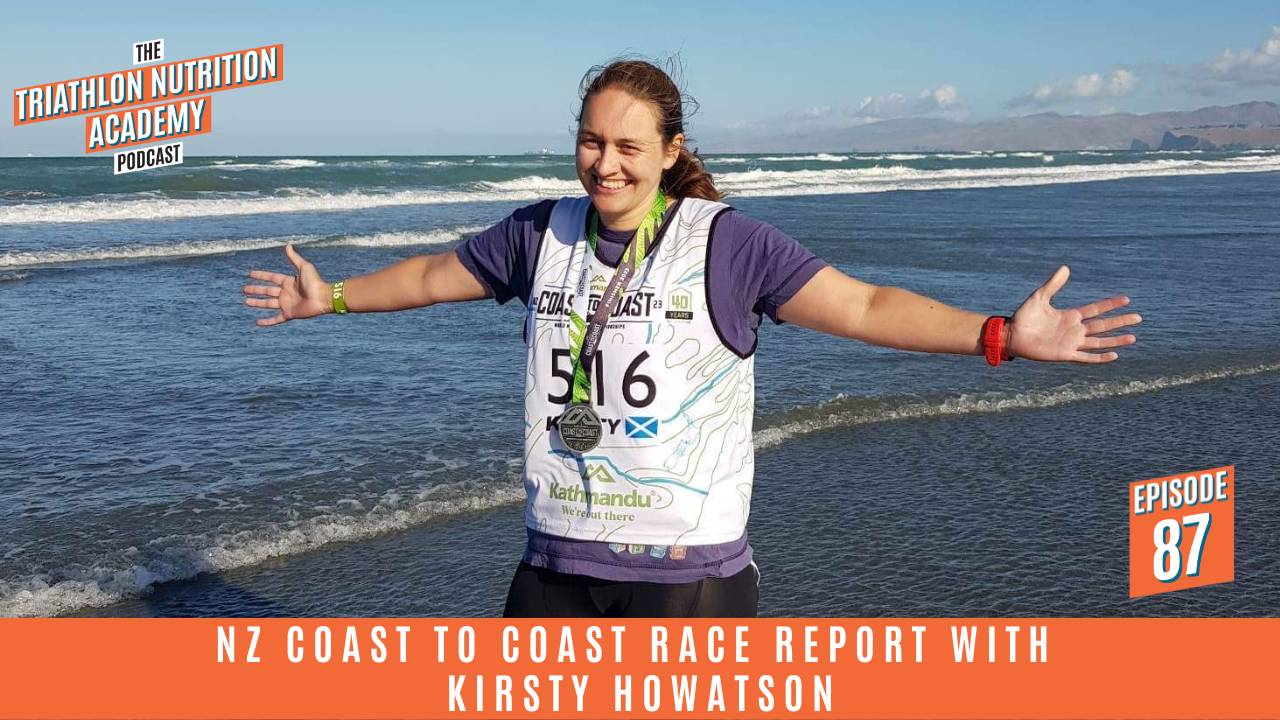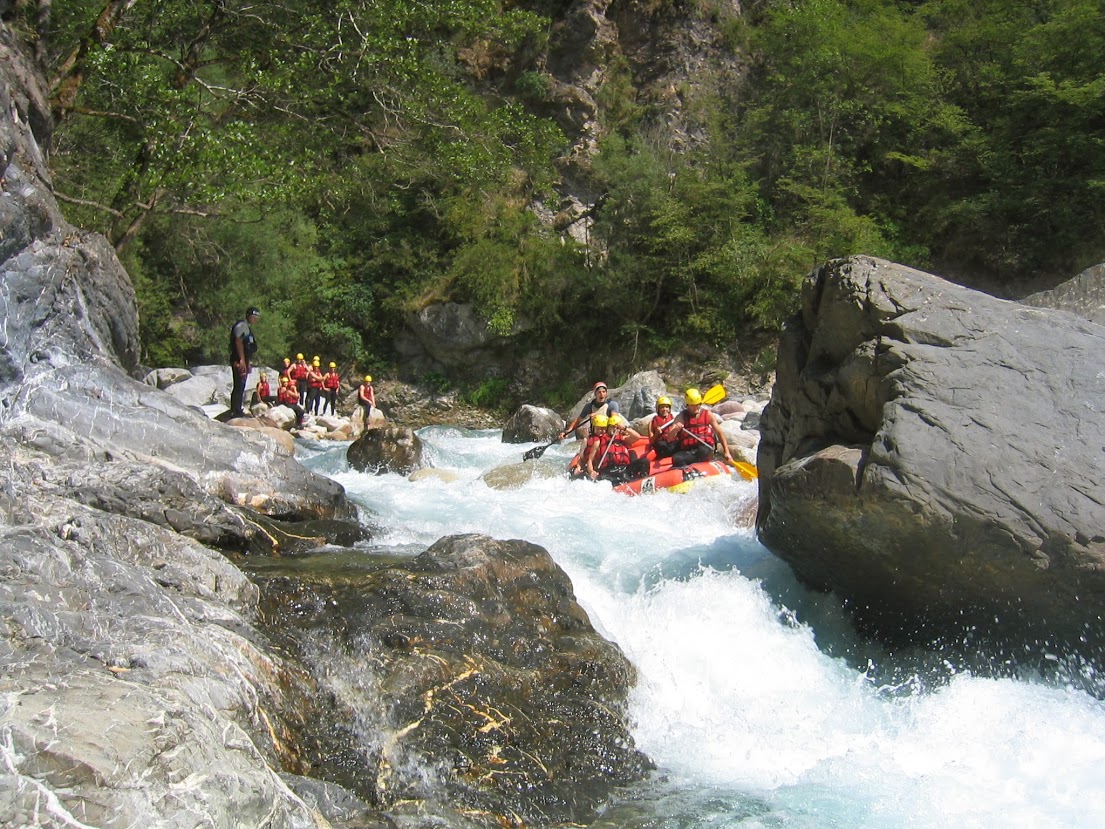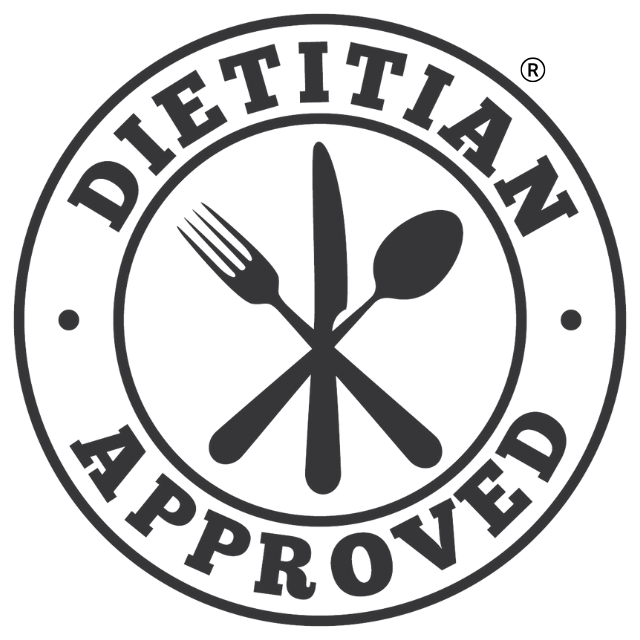
NZ Coast to Coast Race Report with Kirsty Howatson
Mar 30, 2023Kirsty Howatson – a past Triathlon Nutrition Academy athlete who, to date, has only done Phase One lives in New Zealand and, while not technically a triathlete, recently raced the Coast to Coast in February, which is an epic multi day event. She shared her story.
What is the Coast to Coast event?
The Coast to Coast is a race from the coast of one side of New Zealand to the coast of the other side of New Zealand.
The aim is that you're going to cross the country, which is 243 kilometres on foot, bike and in a kayak.
Over two days there is the Longest Day which is a one day event as well, which is like the world multi sport championship event – essentially the Coast to Coast that needs to be completed within 14 hours.
For the Longest Day, you start at 6 am with a 2.2 km run.
You go into a 55 km bike, which you're allowed to draft in, and then it's 30 kilometers over Goat Pass, which is just one of the passes in the middle of the Southern Alps with 1000 meters of elevation. You need to cover that in about 5 hours.
You then have a 15 km bike - really just to get you to the start of the kayak - with a little 800 meter run because they don't like you to ride down that gravel road. It's then officially 67km, (but really 71 kms) in your kayak.
And then the final 70 kms into Christchurch, which is pretty much a headwind the whole way! And you need to basically scramble up a sand bank to actually get across the finish line - in your bike cleats!
The elite winner did that in 11 hours, 40 minutes and 15 seconds this year - Sam Manson. And the female winner, Simone, who’s won it, like, four times in a row or something? Did it in 13 hours, 11 minutes and 18 seconds!!
NOTE: You think Ironman's hard? This is hard.
Kirsty’s preparation for the Coast to Coast
Kirsty came from a biking background on the track, went across to triathlon when she was in New Zealand and got more into multi sport and adventure racing. The Coast to Coast was a big enough carrot to challenge her.
Said Kirsty, “The challenge with the Coast to Coast is the unknowns - what the conditions that are going to be like on the day. You can have 30 degrees. You can have the river levels being really high or very little water in the river, which means the river lines are really difficult. Ironman tests you in a continuous way - you need to make sure you're still there after 15-16 hours, but adventure racing tests you and you're mentally tired and you still have to keep making decisions.
I can run, I can bike, but the kayak is the thing that makes or breaks your race. It's not just kayaking down the river - it's Grade 2 rapids. It's the fact you spend a lot of time upside down in your boat when you're learning, etc. But you get through it because you've got this mindset from Ironman that it is going to be fine.
What preparation do you need and how long out do you need to start for something like this?
- You have to get your Grade 2 Kayak Certificate. A four day course where you prove that you can paddle in the water, self rescue, rescue the rope and that you've got a certain range of skills.
- Buy a kayak.
- Plan what your nutrition is going to look like for the two day event.
- What's it going to look like the fact you're in a boat for six hours?
- How do you actually eat in that situation?
- What's it going to look like in terms of your recovery?
- Because Day Two is always going to be bad in the morning, how do you make it less bad?
Kirsty knew if she did enough, she could get through the race, but the kayak was going to be her biggest challenge. And then if she got her nutrition, right, it was going to help her even if her training hadn't been perfect.
Kirsty gave herself a year to train in her kayak knowing that only by practising will you get better. But you need to do it in the conditions because there’s absolutely nothing like being in Grade 2 rapids! So the preparation for that is to get in your boat, spend time in your boat be comfortable in it, be happy to paddle in it, be happy to wait in it, and learn to roll - make your life easier. And then at that point, research the race lines.

How long did it take you to get prepared with things like nutrition and even just your mindset for a two day event?
Nutrition was one of those 'lots and lots of small pieces' things. Phase 1 of TNA gave me those great tools to structure my day to day routine and my recovery. And I found that was really important. Plus what you’re going to eat pre session:
- The different things you can eat
- How many carbs you're looking for
All those things become really important when you're doing long stuff because you know if you keep fuelling your muscles, they're probably not going to give up on you in a two day event.
And it just becomes that process of you go out and you try things, right? I'm going to go and try this session.
I'm going to eat this before and if that works, then I'm going to keep doing that because it's the sort of thing you can eat.
You can practice lots of things and train with your nutrition but for the kayak, it's really different to what you're going to do nutrition wise if you're racing the lines. There are parts in the gorge where you can still open stuff but you're far more restricted than you are to say like on a bike or on a run, as to what you can pull out of a pocket and open. You've always got to have one hand on your paddle otherwise, it's floating down the river.
What else do you need besides practice and good nutrition for the Coast to Coast?
You need a support crew
- Someone that's going to get up at 4:50 am and take your kayak to the kayak start
- Who's going to pick up your bike and take it to places and
- Who's going to feed you all weekend!
Talk me through some of the strategies you implemented on Day One and some of the things that you had to adapt on the fly based on what was going on.
I tried a lot of different products but you're restricted to what you can get in New Zealand and/or what's super expensive.
Tried Maurten Gel liquid nutrition.
I didn't want to drink any of my calories on the bike or run.
It’s not like triathlons where say, at 15 minutes, you can drink X number of mls and you can mark it out on your bottle.
Adventure racing's just a bit more chill than that. More “We'll do a bit of this and it'll be okay”. If I haven't quite drunk enough, then it's probably not going to be optimal but I know I’m in the ballpark.
55 km bike at the start, I had a bento box. I knew there was going to be a lot of drafting so I could myself in a group, and save energy. I took gels - quick and easy, utilise it and move on.
On the run, because I don't like sweet later on in the day I took two slices of pizza and half a box of Domino's wedges. Plus all the gels and stuff
I understand it wasn’t the best nutritionally but, in these events, you've got to do the things that are going to mentally make you happy, because at some point you're going to be in a hole seven hours in, and it's going to be a sad face, and how do you get through it?
So in the Coast to Coast, you have to carry:
- your emergency kit and blanket
- your waterproof jacket and pants
- your thermals (basically your tops and bottoms)
- your woolly hat
So you don't want your food to be an extra weight - it's the trade off between what's got nutritional value, what's got your carbohydrate load, and what you're actually willing to carry for your race plus, probably two hours of extras just in case you end up somewhere you shouldn't.
I had some gels and ate my two pieces of pizza earlier. Then I got to a point where I didn't feel amazing. It reminded me of a time when I’d done a bike training session - it was relatively long and I had consumed a lot of gels. And I got to this same point - where you can go one way or the other - if you consume loads more here, it's going to go badly for you. And if you back off, it'll be okay. I front ended my nutrition on the bike. And then it meant that on the run, when I hit that point, and I was four or five hours into the race, it was actually okay because I knew I was going to have enough in the tank to get going. It wasn't going to be great. Wasn't going to be the peak. But I wasn't in peak shape at that point anyway, so it didn't really matter. But yeah, we got there.
Note: Just as Kirsty was able to - it's nice to have the ability to fix something. You know you've got enough knowledge that you know what the problem is. And you know how to resolve that in a racing situation. It's one of the things I teach my athletes - how to be independent and self sufficient, so they can change things on the fly and not so hard and fast fixed with one plan that they don't know anything about. They have the ability to count carbs in their head. They know what their targets are. They know what it feels like if they’ve got that wrong, and then how to fix it.
Is there anything that you did differently from day one to then day two? Did you change your strategy? Did you have to do anything different to get through the second day?
Day Two was just different because you're in the kayaks. You are more restricted in what you could have. If you want to open 10 gels on a run, then it's totally fine. It's easy to do - you just pull them out and open them. On the kayak, you don't really want to be spending loads of time doing that. So I'd gone for this strategy - over here we've got these bars called OSMs or One Square Meals, and they've got 90 grams of carbs in them. You knew that you could open it, you could have a bite of it and it pretty much does you for 45 minutes, maybe longer. Open it, one mouthful, done. You put it back in your spray skirt. So that was definitely a change.
I definitely had some gels because I've always found if you capsize your boat, one of the things you want to do after you get back in your boat and you've emptied it is actually having the sugar hit. So I always carry some gels with me. And I quite often use them for just points - if I knew I was going to be in the rapids in the next three or four kilometres. It's like - have a sugar hit, get focused. Do that.
Note: Use it to regain mental focus. If you've capsized and you've lost the mentality, get some fast, simple sugars to your brain, quick so you can concentrate.
I structured it around having OSMs at specific points in the race knowing that I could then supplement with gels. And I knew roughly how long it would take me to get down the river and carry extras in the back of my boat. It just gives you options versus what I think I'm going to do (in case you capsize your boat and need a sugar hit for example).
You can buy your nice suit but there’s a vest, you're going to have to wear over the top of it - with your number on it. And your PFD vest is on underneath that. So all that access you had that you practised with, you're not going to have that on race day, depending on where you keep your nutrition.
There are definitely points that people are super aero and do things but it's very different because a lot of the time gains are not necessarily aero in the same way. It's very much like you make gains on the mountain run or you make gains on the boat and stuff.
If you're doing the One Day you're allowed to time trial the last 70kms. If you're Day Two you can race but you're actually not allowed to time trial, and you're not allowed to have aero bars.
I have a funny story about my support crew and what they did for me nutrition wise in that last transition – that may or may not involve beer and a cheeseburger (NOTE: you will need to listen to the podcast to hear that one) – what it made me realise when you race two day or longer events is, you've got to keep that mental game, because that's the bit that keeps you going - when you're in a black hole, or you're not feeling great, you actually need those really small things to make you feel happy about it or that you're enjoying it.
Note: Whatever gets you through mentally, because a lot of multi day events, so much of it is mental. Like we are capable of so much more than we think we can do. And if that made Kirsty happy, and it got her to the finish line, then ...win!
Unlike Ironman where someone can motivate you to take one more step, one more pedal rev, one more stroke in but in the Coast to Coast there are two points in the race - one on the run, and one on the kayak where you've got two options of getting out of here. You either come out on your own ... under your own steam or you can make it out in a helicopter!" Like that's it.
It takes a certain mental toughness. Do you have any advice for anyone that is interested or looking at doing the Coast to Coast as an event?
I think the first thing is, you've got to sort out your kayaking. It's the bit that most people say challenges you and the part that breaks people or their boats.
But then I can bike and I can run. And what I forget all the time is a lot of people don't have that in their arsenal - like a lot of people are like "I don't own a road bike", or "I've never run more than 10 kms". So sort those too if you’re not strong.
Pick small goals and work through them towards the big goal. For example for me:
Get your Grade 2.
Next, I'm going to enter this event, that's got a 15 km paddle.
Next enter the Classic at 60 km.
Do a gorge trip.
I remember before Ironman thinking 108 km is a long way. But once you've trained to 150, you realise it’s only 30 more kms.
And it's definitely the practice. If you can run - brilliant, go and try and run trail. Okay, you can run trail - perfect. Go and try and run off - go and try one of the massive hilly races. Excellent. Okay, you've done a race at 1000 metres of elevation go and find something that's on riverbeds. Excellent.
And it's the same with a bike - Cool, you can bike – but learn how to ride in a pack - you're going to get so much faster if you can draft off people if you can work as a team.
Sort your nutrition and practice them. I could make those nutrition decisions on the day because I'd practised and been in that position before. I felt like this before, so what can I do about it? Or you go out and paddle and you set something up - like you put liquid nutrition in your bike and then you decide you're actually really thirsty halfway down the river? How do you compensate for that? Do you put a cup in the front of your vest? That's what some people do. Do you run a chip into the river? That's what some people do. But if you've tried those things out, then at least you know.
NOTE: So practice and test it all out in training first. Great advice.
Any last words of advice?
I think it's that if you want to do it, it's an amazing event. The community out there is amazing. The experience is amazing.
And find some good people to do it with - it's much more enjoyable if you've got good people there.
Being able to do the Coast to Coast - it's a different kind of mental skill. You kind of come back to your day job and you're like, "Man, I can do anything. Because if I can go and deal with that, then when you're put in situations you can't get out of when you don't have an escape route, which is what essentially adventure races, it's much easier to keep going.
The next Coast to Coast is on the 9th and the 10th of February 2024 but there’s already a waitlist of over 500 people on it. So sign up for Grade 2 now, and then enter the ballot next year. Because by that stage, you're going to be an absolute pro. And you're going to have bought your boat and you're going to have sorted your life out.
Will you do the Coast to Coast again?
I'd definitely love to have another crack at it. But if I'm honest, I'd love to have a crack at the One Day - just up that level of crazy. I think it pushes you in different ways but you got to just keep the challenges ticking along. It's one for the future. I would definitely highly recommend - would do it again. It's amazing!
To dive deeper, listen to the Triathlon Nutrition Academy Podcast, EP 87 - NZ Coast to Coast Race Report with Kirsty Howatson
If you are interested in learning more about the Triathlon Nutrition Academy Program and what it can do for you, head HERE to join the waitlist for our next opening.
Don't miss a beat!
New moves, motivation, and classes delivered to your inbox.
We hate SPAM. We will never sell your information, for any reason.





